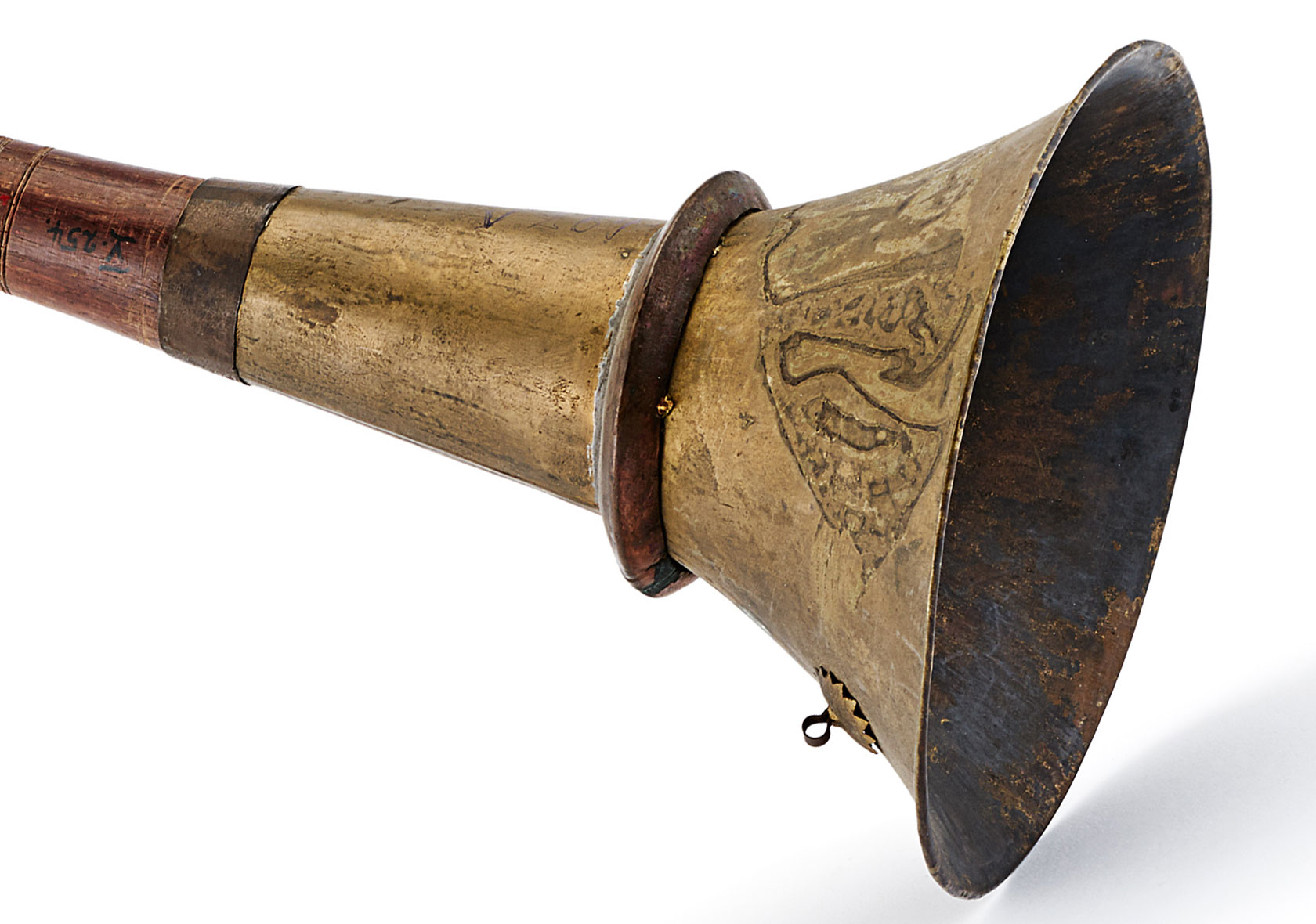Insights into the History of the Collection
Karl Dürr
26.2.1854 – 6.9.1919
Born in Rastatt, Karl Dürr served in the army throughout his life. He began his career in the 4th Baden Infantry Regiment in 1870 and later joined the Infantry Regiment No. 113. In 1898 he became commander of the 3rd Naval Battalion in Tsingtau (now Qingdao) of the former German colony of Kiautschou in East China. Dürr also served as deputy governor in Tsingtau until 1900. He was subsequently promoted to the rank of lieutenant colonel and deputy inspector of the naval infantry, which entailed his relocation to Kiel.
In 1904, Dürr travelled with the command of the Naval Expeditionary Corps to the protectorate in German South West Africa (present-day Namibia). Its mission was to support the military campaign against the insurgent local population. However, he left Africa after a month on the grounds that the climate had affected his health. He returned to Germany as adjutant of the Grand Duke of Baden, finally Major General and Adjutant General. Dürr died on 6 September 1919 in Baden-Baden.
Donation Dürr
Karl Dürr is listed on the roll of honour for the years 1899 and 1900. In 1898, the museum's founders asked him whether he could still acquire some desired objects from the German concessionary territory in China for the forthcoming opening of the museum and bring them to Freiburg. Dürr agreed to create a collection and the following year sent a first shipment of Chinese clothing. Further shipments followed. These included weapons, military uniforms and musical instruments. Among the weapons, a cannon was singled out as a particularly valuable object, but its whereabouts are a mystery today. Unfortunately, there is no documentary evidence relating to how Dürr acquired the objects. Dürr did not expect any remuneration for his collections, indeed, donating them to the museum was a matter of course for him.
In a list compiled by Hugo Ficke of the most generous donors in 1905, Karl Dürr's name appears in third position. The total value of his donations was estimated to be 700 Marks in total.





